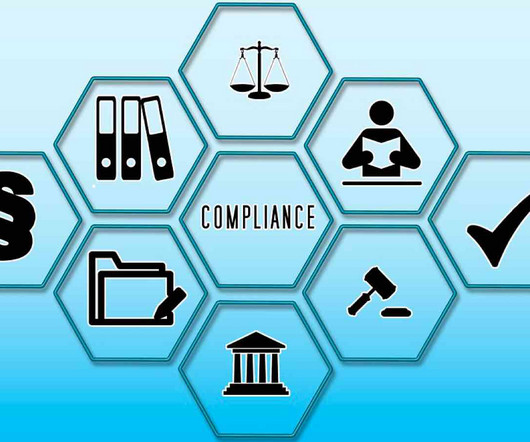Is Zero Cost Credit Card Processing Suitable for Your Small Business?
EBizCharge
MAY 5, 2025
These fees are essential for covering the costs of handling, authorizing, and securing card transactions. Credit card processing fees are comprised of several fees, such as: Interchange fees: Interchange fees are paid to the card-issuing bank and typically consist of a percentage of the total transaction amount plus a small, fixed charge.











Let's personalize your content